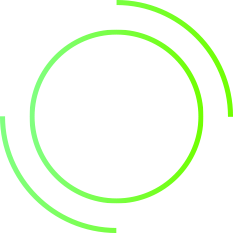We all know that LED lighting is energy efficient, and that using it will most likely create a number of positive changes for any business or home. It turns out that that data centers are no exception and that, in fact, they are one of the facilities that can benefit most from making the switch to LED lighting. An article in the Data Center Journal stresses the fact that streamlining energy control in highly technical facilities like data centers will result in “increased building intelligence.” Buildings will operate more efficiently under this model and therefore save their parent companies a lot of money and time. According to the article, the crux of building intelligence is LED lighting.
“Lighting may not seem significant to energy efficiency, at least at first glance. After all, it accounts for only 3 to 5 percent of a data center’s electrical load. But lighting can make a much larger impact on a data center’s power usage effectiveness (PUE), and switching to an energy-efficient lighting network that integrates building-performance systems can improve PUE by up to 25 percent.”
Author Sam Klepper emphasizes the vital role that networked LED light bars play since companies are able to customize the fixtures to best suit their needs. He gives the following examples of how facilities might best utilize these features:
- Sensor-driven, occupancy-based lighting to ensure lights only activate when employees in various areas of the data centers need them. If constant lighting is preferred, minimal light levels can offer energy savings while still providing enough light to support necessary functions like video surveillance.
- Daylight harvesting, which automatically adjusts light levels to maximize the use of available sunlight for administrative areas of the facility.
- Lighting policy scheduling that accommodates lighting needs at different times of day, on different days of the week, on holidays and during seasonal adjustments.
- Automated alerts to inform facilities managers of fixture outages.
- Fixture-specific data collection, enabling analysis of each light’s use to inform any necessary fine-tuning and to minimize wasted energy and money.
From smart phones to smart bulbs and smart buildings, LED lights are creating more efficient business operations everywhere we look.
